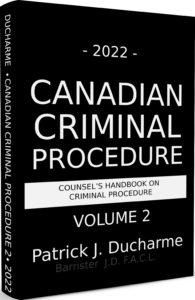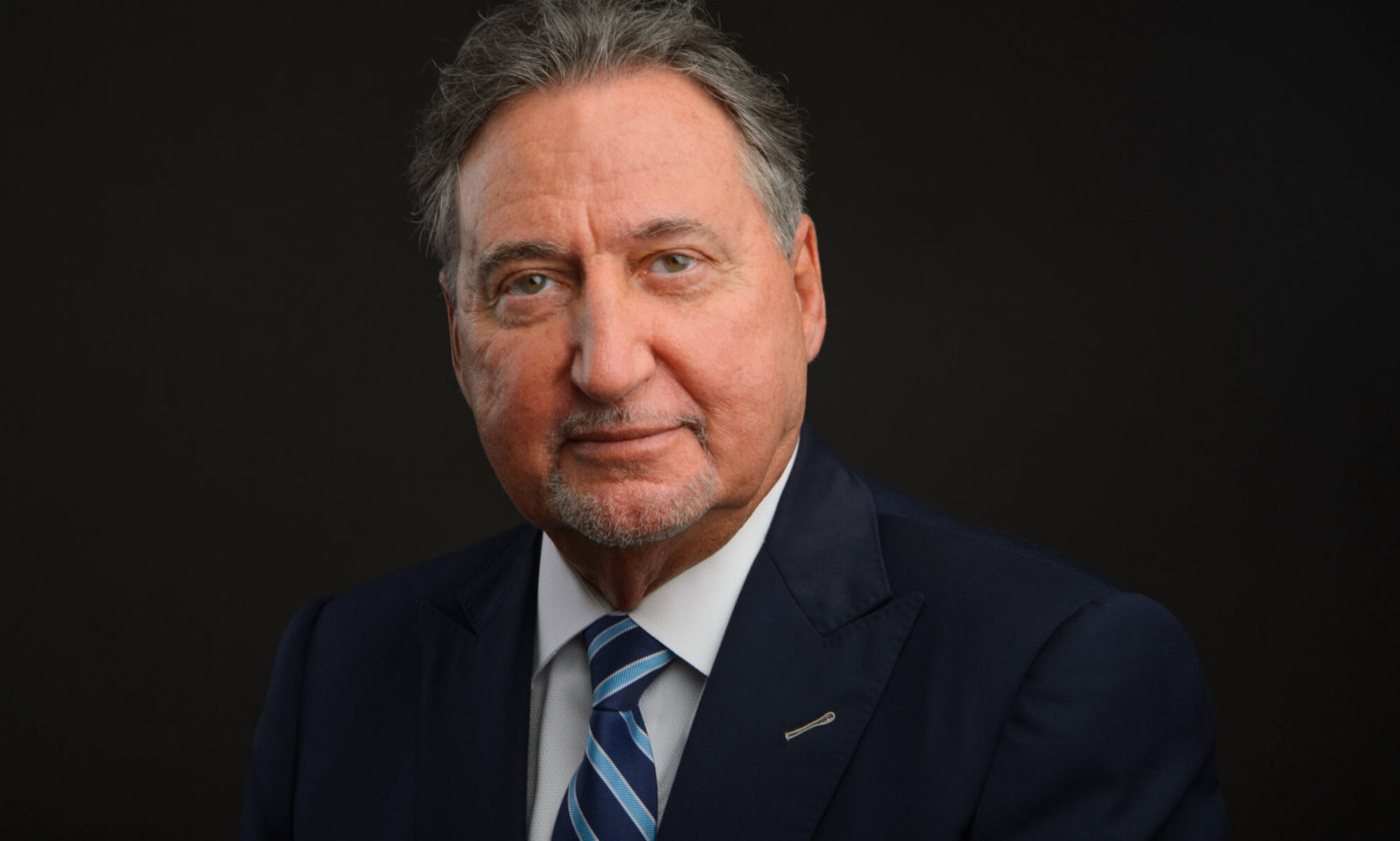 |
| Patrick J Ducharme |
Groia v. Law Society of Ontario:
After the trial the Law Society of Upper Canada (now the Law Society of Ontario) launched disciplinary proceedings against Groia, on its own motion, alleging that he was guilty of professional misconduct based on his uncivil behaviour during the trial. A three-member panel of the Law Society found Groia guilty of professional misconduct. They ordered that his license to practice law be suspended for two months and ordered him to pay nearly $250,000 in costs.
Groia appealed their decision to the Law Society’s Appeal Panel. The Appeal Panel concluded that Groia was guilty of professional misconduct but reduced his suspension to one month and decreased the costs award against him to $200,000. Groia took his case to the Supreme Court of Canada.
Six of the nine Justices in the Supreme Court of Canada ruled in favour of Groia and against the Law Society. The Supreme Court decided that the Law Society’s decision concerning this discipline of one of their members should be reviewed for reasonableness.
This consideration of the reasonableness of a Law Society’s discipline when assessing the in-court behaviour of a trial lawyer, the court found, was entitled to some deference. However, the permissible scope of a lawyer’s behaviour in a courtroom is also important to the legal system. It therefore cannot be said that assessing whether incivility amounts to professional misconduct is outside the scope of review by our courts. On this basis the court found that it had jurisdiction to decide the issue.
Groia’s alleged incivility could be reviewed by the court because the lawyer/advocate has responsibility to the legal system at large. The review by the Supreme Court of Canada was therefore entirely appropriate.
The Supreme Court ruled in favour of Groia. The court found that the Law Society’s decision was unreasonable. In contrast, they found that Groia’s behaviour had a reasonable basis. His accusations against the prosecutor of misconduct, even though they were based on Groia’s mistaken understanding of the law, caused him to act the way he did. The Supreme Court expressed its concern that the Law Society’s decision would make lawyers think twice about forcefully defending their clients.
Lawyers would then fear that they could be charged with misconduct for failing to represent the interests of a client fearlessly as their Law Society demands.
The court suggested that the Law Society should have paid more careful attention to the legal rulings made by the trial Judge, who, unlike the Law Society, watched the behaviour of the lawyers in person. The court stressed that lawyers have both a professional obligation to advocate strongly for their clients and a duty to act civilly during the trial. The court said that this case was about deciding when strong courtroom advocacy becomes incivility.
In the end, the Supreme Court set aside the decision of the Appeal Panel’s finding of professional misconduct. The court then awarded costs to Groia. The court dismissed all complaints against him.
In this case the Supreme Court of Canada was required to resolve the very controversy all trial lawyers face in contested areas of the law, where the rules of engagement promulgated by Law Societies cross paths with duties owed to a client. The court suggested that they ought not to discipline lawyers who fight hard for their clients and appear to be acting in good faith. When lawyers act in this manner, they should not be found guilty of professional misconduct on account of incivility.
The court ruled that the Appeal Panel landed on the wrong conclusion. The court noted that the trial Judge did not suggest that any of Groia’s activity was improper. As a result, the court ordered costs in favour of Groia and against the Law Society.
Despite that resounding victory in court by Joseph Groia, lawyers who practice as trial lawyers in any province or territory in Canada are keenly aware that their competence and quality of service can be challenged by their governing Law Society.

The above is the an excerpt of Patrick J Ducharme's book, Canadian Criminal Procedure Volume 2, available at Amazon or in bulk through MedicaLegal Publishing along with Criminal Trial Strategies.
Subscribe to Patrick Ducharme's Youtube Channel
